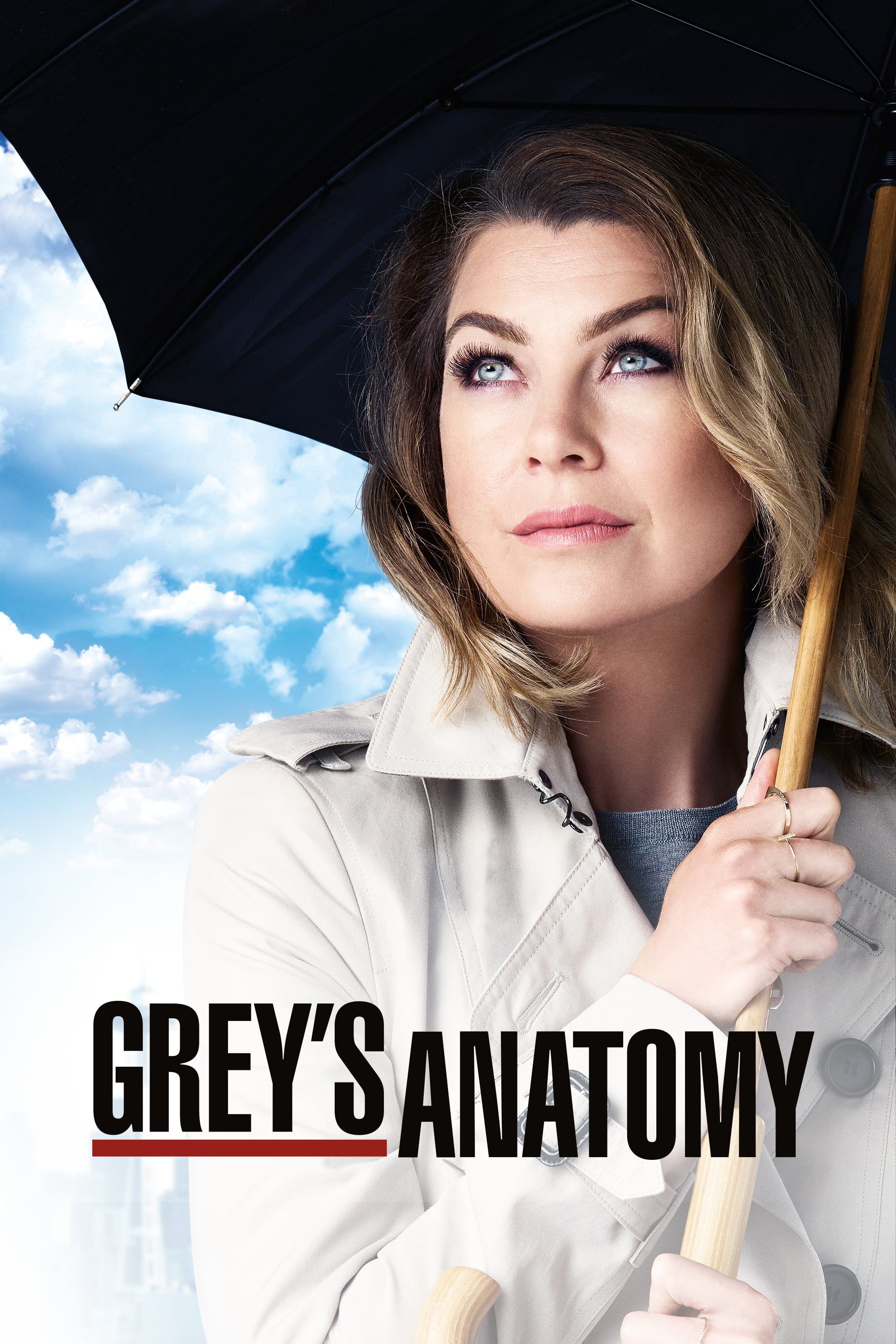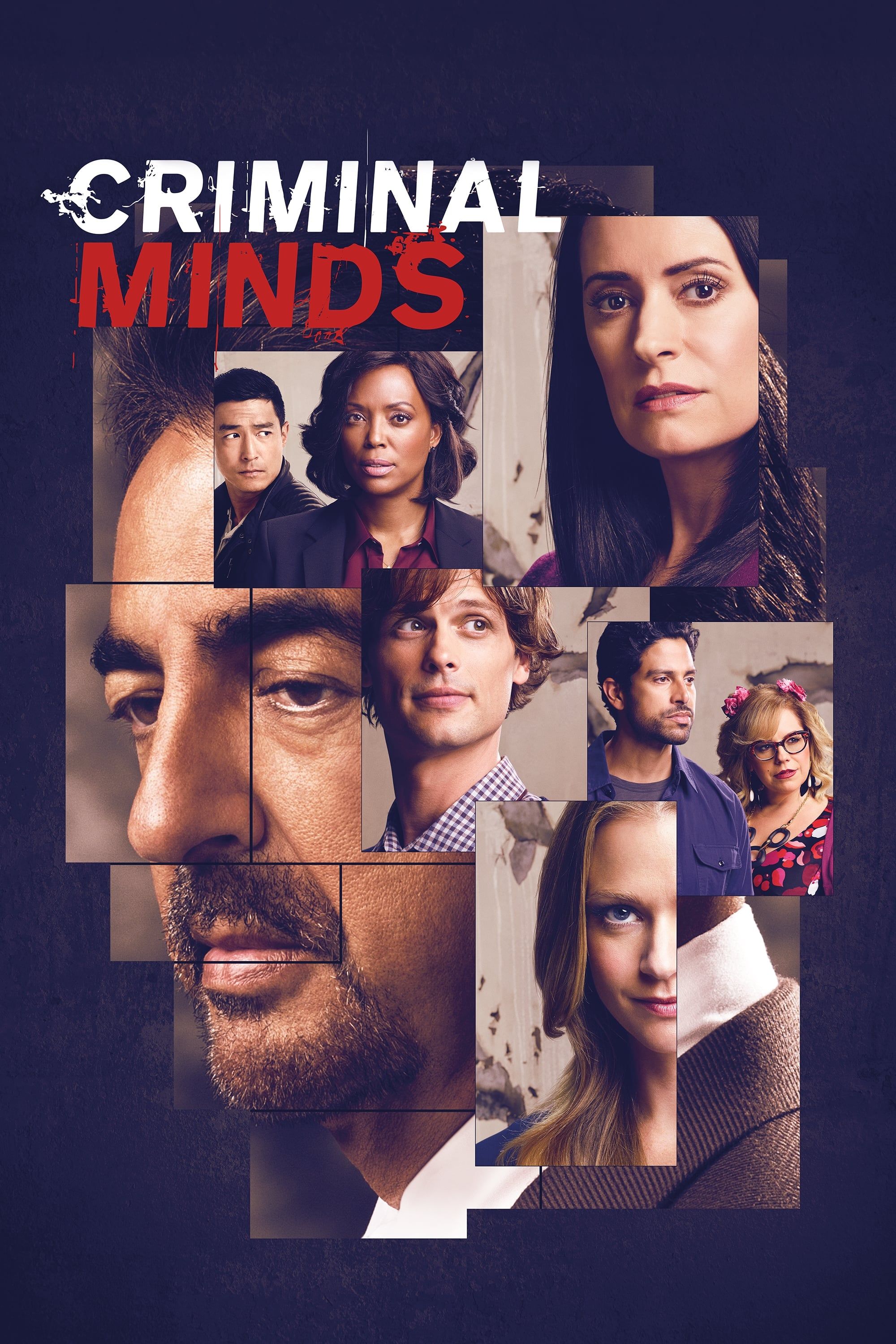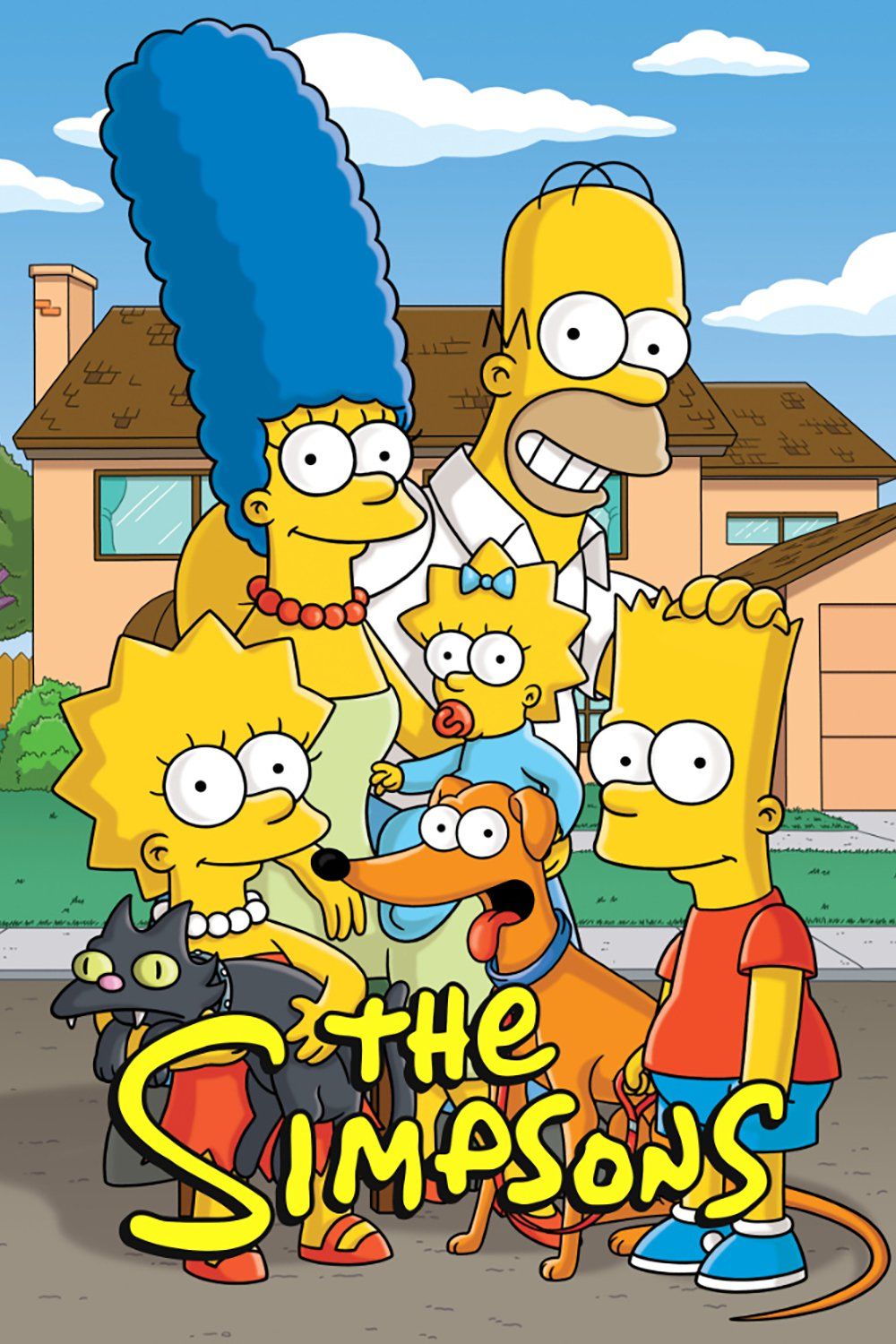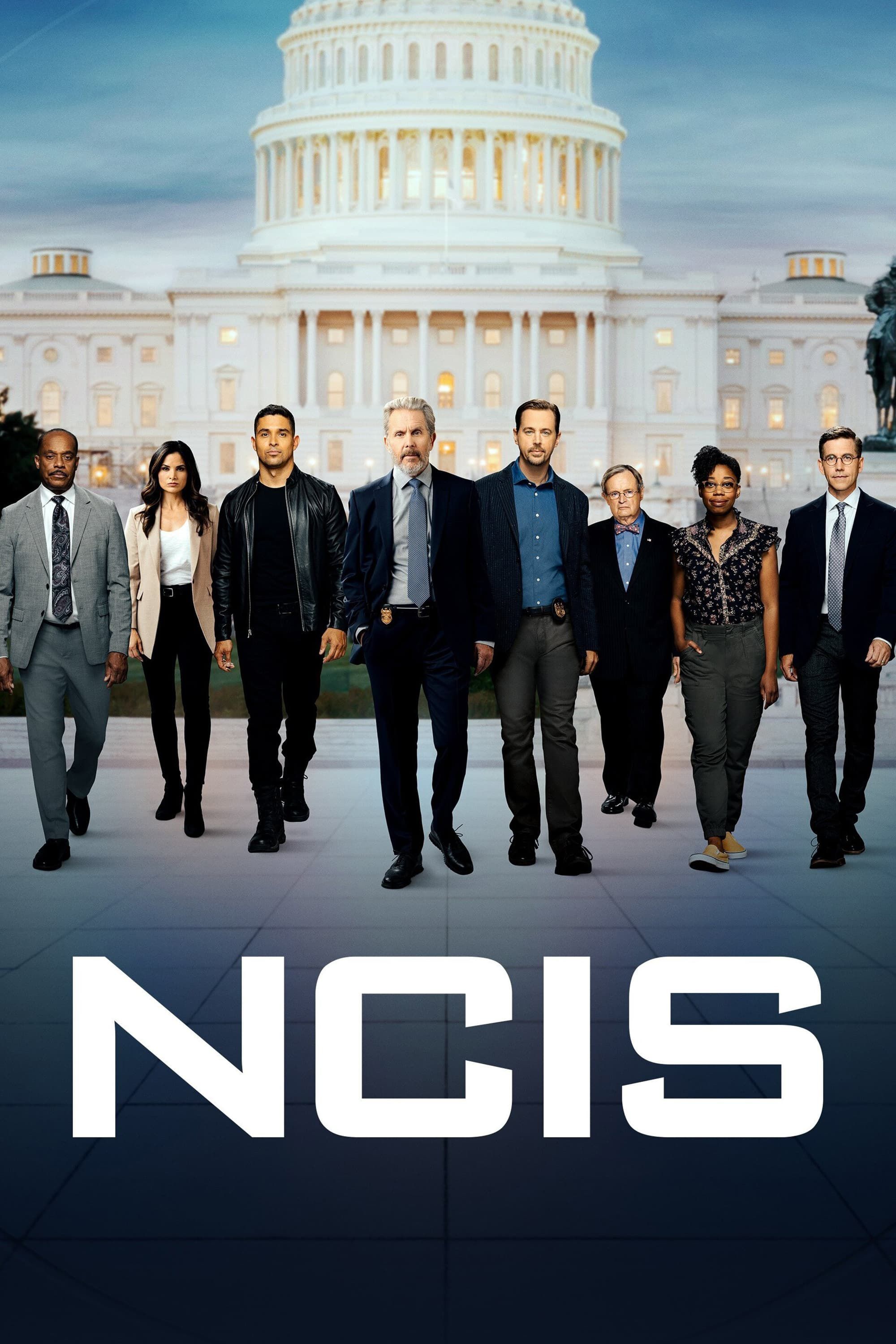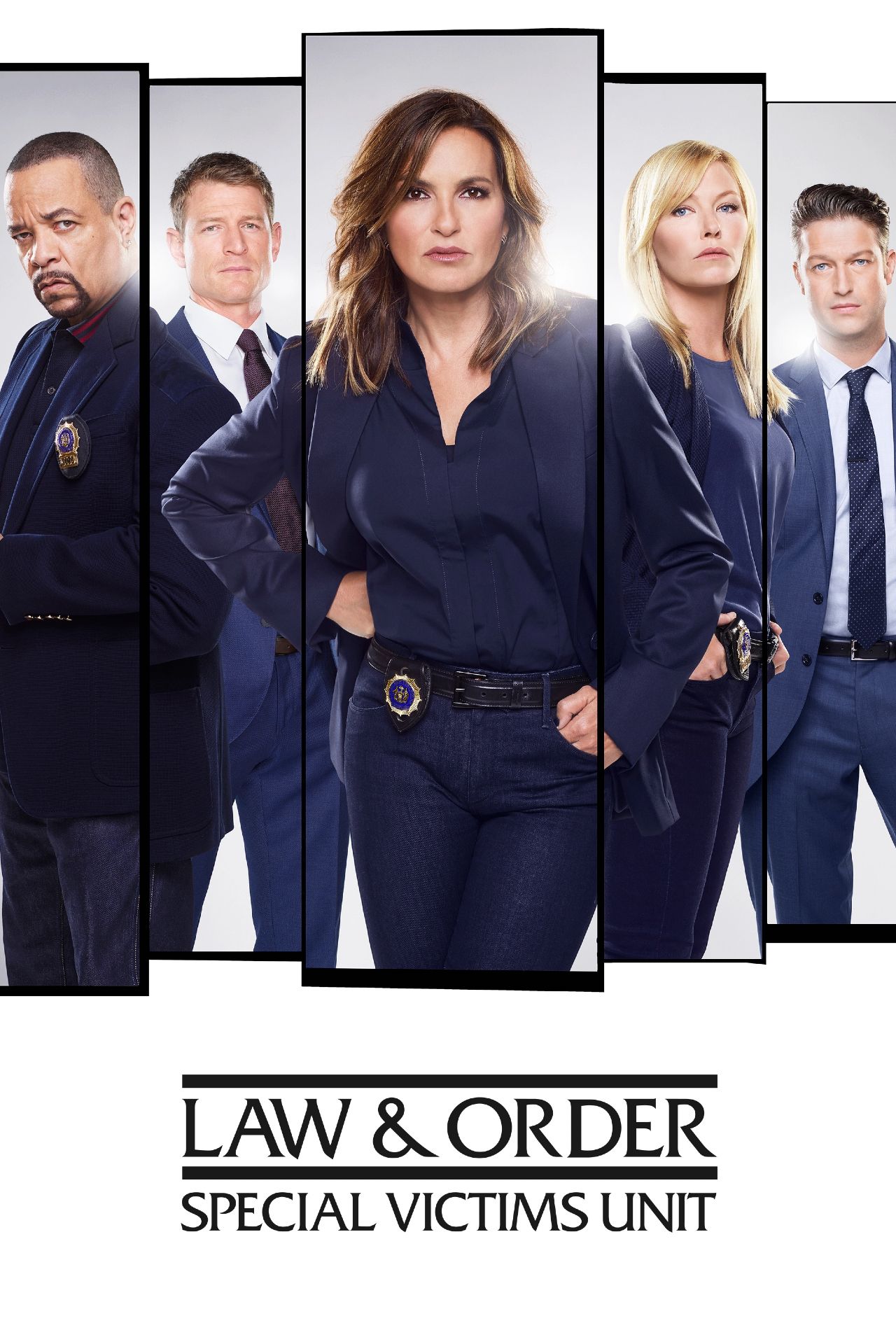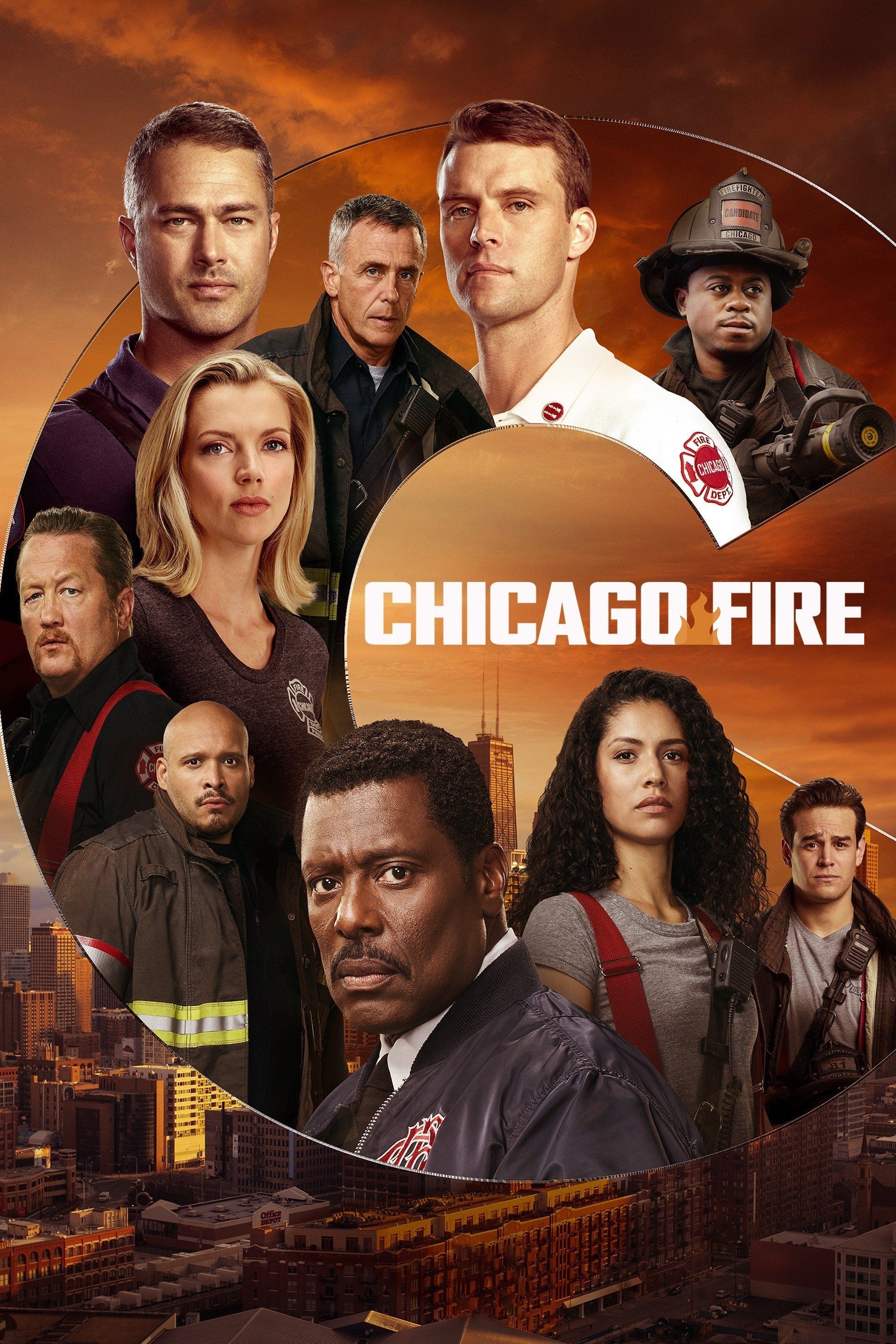Summary
- The Handmaid’s Tale peaked with its first season, as it lacked source material to draw from for the remaining installments.
- Grey’s Anatomy has been on the air for many years, and the significant cast changes have altered the show’s dynamic.
- Criminal Minds was resurrected with Criminal Minds: Evolution, but the continuation hasn’t proven itself yet.
There comes a certain point in the shelf life of every TV show when it peaks, and for some series still on the air, this happened a long time ago. This doesn’t necessarily mean that the show is no longer worth watching or that it no longer has a strong viewership base. However, after airing for many seasons, some series outlive their original premise and become unrecognizable. Often accompanied by a significant dip in quality, it’s sad to see but very common. A perfect show will end right at its peak, but this is difficult to determine.
Both streamers and network projects alike are equally capable of losing momentum as they age and go on long past their prime.
Some network TV shows on the air today have been going on for decades, making it impossible for writers to avoid repeated storylines or entering unrealistic and melodramatic territory. Conversely, some TV shows might peak almost immediately, meaning that they haven’t been on the air for generations, but every installment following the first has been a letdown. Shows on streaming services typically have a much shorter run, as they’re more expensive to produce. However, both streamers and network projects alike are equally capable of losing momentum as they age and go on long past their prime.
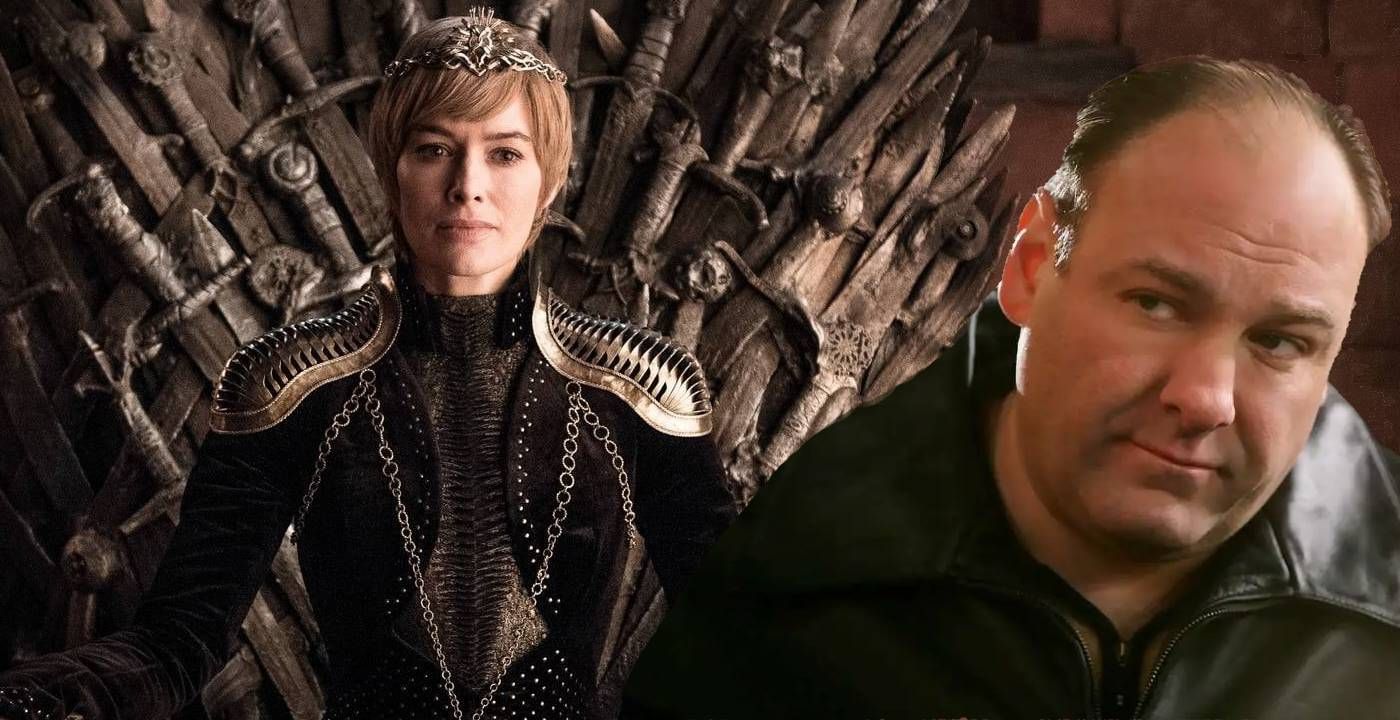
Related
10 Long-Running TV Shows That Actually Ended Too Early
Despite running for a long time, some of television’s best series needed at least one more season to finish telling their stories in a satisfying way.
7 The Handmaid’s Tale (2017–Present)
The series
The Handmaid’s Tale
is considered one of streaming television’s first successes, as it was the first show from a streaming service, Hulu, to win an Emmy.
Though the final season of The Handmaid’s Tale is in sight, it’s still on the air for the time being and has diverged greatly from the stories written by Margaret Atwood. Her novels, The Handmaid’s Tale and later, The Testaments, are the only works that come directly from Atwood. The series The Handmaid’s Tale is considered one of streaming television’s first successes, as it was the first show from a streaming service, Hulu, to win an Emmy. This was for the first season, and unfortunately, none of the remaining seasons have been as solid or tightly expressed.
Five seasons so far, and the eventual sixth isn’t an enormously long run, but it’s substantial for a streaming show. Considering that the show peaked in season one, it’s not a stretch to say that the remaining storylines have been uneven at best. Additionally, as the political climate has gone through ups and downs alongside the show’s premiere, viewers have lost their taste for overtly upsetting television. How The Handmaid’s Tale handles its final season will determine its ultimate legacy.
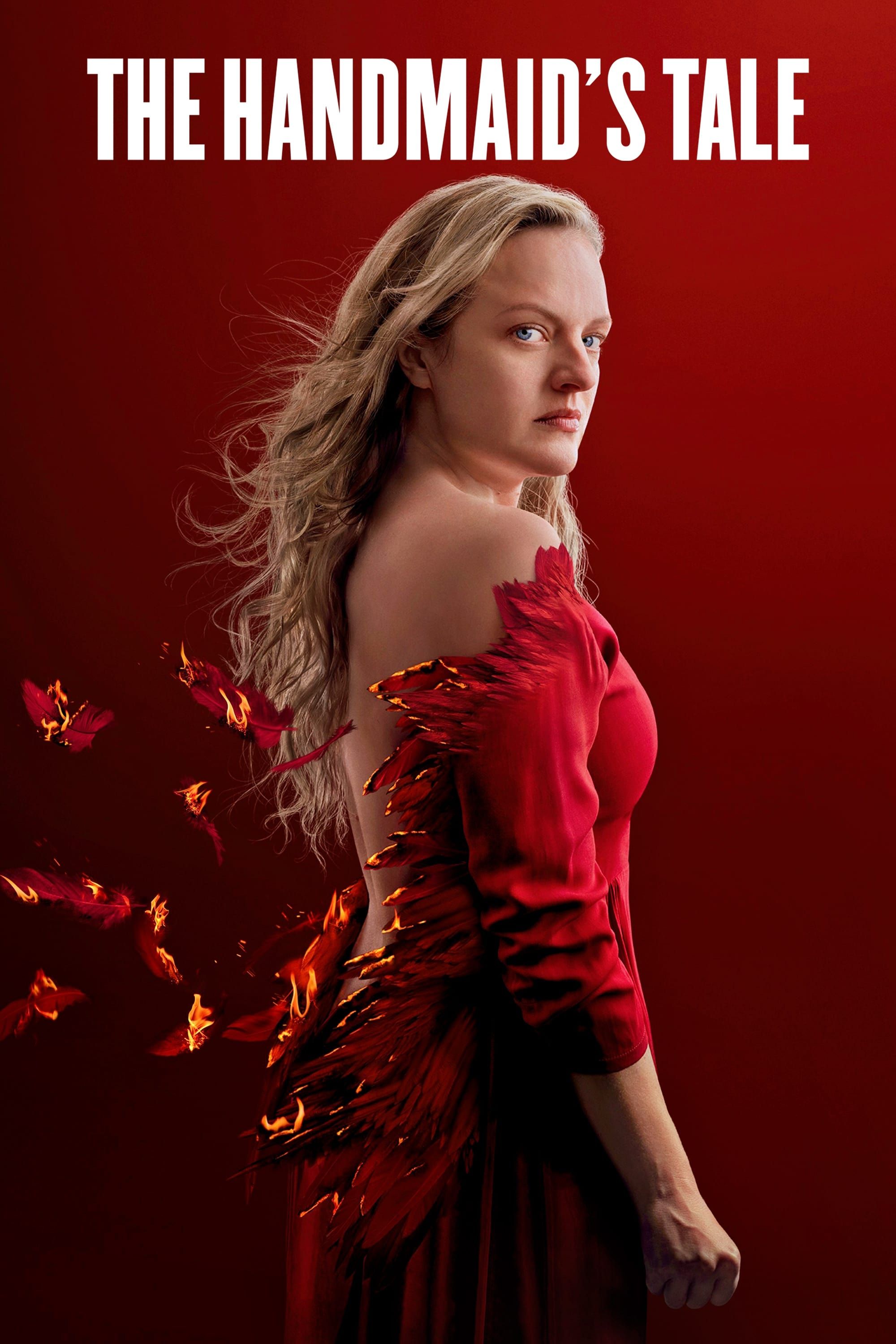
The Handmaid’s Tale
The Handmaid’s Tale is a dystopian television series based on the 1985 novel by author Margaret Atwood. The series was created by Bruce Miller and stars Elisabeth Moss, Joseph Fiennes, and Yvonne Strahovski. The show follows the story of a young handmaid as she is forced to deal with a new totalitarian government that subjugates women in this dark societal twist.
- Cast
- O-T Fagbenle , Joseph Fiennes , Alexis Bledel , Elisabeth Moss , Amanda Brugel , Bradley Whitford , Max Minghella , Ann Dowd , Samira Wiley , Madeline Brewer , Yvonne Strahovski
- Release Date
- April 26, 2017
- Seasons
- 5
- Showrunner
- Bruce Miller
6 Grey’s Anatomy (2005–Present)
Among the many medical dramas that flood the genre, Grey’s Anatomy is the most iconic & disappointing.
When watching Grey’s Anatomy season 1 and then season 20 back-to-back, it’s difficult to believe that it’s the same show. The tone, conflicts, and central thrust of the story have changed completely over the years. Not to mention the dramatic shift in visual style and the way the series is shot. Though Grey’s Anatomy has been well-known for implementing wild storylines from the very beginning, at a certain point, they crossed the line from dramatized to blatantly unrealistic. As the show has been going for over twenty seasons, there’s also huge controversy over certain character exits.
The show centered around Meredith Grey (Ellen Pompeo) for almost its entirety. However, eventually, even Pompeo decided to leave, and very few of the original cast members remained. While this isn’t necessarily a bad thing, as Chandra Wilson makes a compelling protagonist as well, a complete changeover in the cast is usually an indicator that a series is on its last legs. For Grey’s Anatomy to find a way forward, it needs to center the medicine and the intriguing personal dramas in equal measure.
5 Criminal Minds (2005–Present)
The game-changing crime procedural returned in a new, and worse, form.
Though Criminal Minds ended briefly in season 15, it was brought back through Criminal Minds: Evolution, which is an extension of the original show and considered the same series. Many of the fan-favorite characters from the earlier seasons returned for the newest installment, but a few key voices are missing. Spencer Reid (Matthew Gray Gubler) is noticeably absent, and as he was arguably the protagonist of Criminal Minds in the later half of the first run, it’s strange to see the BAU without him.
The villains in the new episodes have not been as memorable or impactful as the early seasons of
Criminal Minds
.
A problem Criminal Minds: Evolution is exploring is the mental and emotional toll that being a member of the BAU has on its agents. This was something frequently overlooked in the first string of seasons and led to extreme difficulties for many of the characters. However, the villains in the new episodes have not been as memorable or impactful as the early seasons of Criminal Minds. Additionally, it’s unlikely that the amazing chemistry of seasons 2 through 6 can be replicated.
4 The Simpsons (1989–Present)
This animated juggernaut still pushes boundaries, but it’s no longer revolutionary.
When The Simpsons premiered in 1989, there was nothing else like it on TV. Adult animation was a hazy concept at this point, and it’s fair to say that animated television wouldn’t be what it is today without The Simpsons. It’s one of the most influential TV shows of the 20th century, and it still goes the extra mile to remain relevant. In some ways, The Simpsons has improved from its origins, as the most offensive and insensitive jokes are omitted from the series today. Not to mention that the quality of animation is at an all-time high.
However, something is missing from The Simpsons today that doesn’t capture what used to make the show so special. It’s common for fans of a series to cite the seasons they grew up watching as their favorites out of nostalgia, but this isn’t necessarily accurate to what is genuinely good. The most iconic episodes of the series are behind it, and many of the most exciting recent storylines have been homages to more contemporary innovations in animation that the show has capitalized on.
3 NCIS (2003–Present)
Things were going downhill for NCIS, but after Gibbs left, it was never the same.
The new characters introduced over the years were fun, interesting, and had great chemistry, which took the pressure off Gibbs for a time.
Jethro Gibbs (Mark Harmon) was the lead of NCIS until season 19 when the actor left and the core of the show began to fall apart. Fan favorite characters had already been leaving, but losing Gibbs changed the format and outlook of the series forever. Though his backstory will be explored in the upcoming NCIS: Origins, this isn’t the same as the original show. However, NCIS is a spinoff in and of itself, but its predecessor, JAG, has mostly faded from memory thanks to NCIS‘s success.
NCIS managed to remain relevant for a long time, and though there are a multitude of spinoffs within the NCIS universe, none have reached the level of success of the initial iteration. The new characters introduced over the years were fun, interesting, and had great chemistry, which took the pressure off Gibbs for a time. It could be argued that the seasons that featured the relationship between Tony (Michael Weatherly) and Ziva (Cote de Pablo) are the best of the show. This would make sense since these characters are also getting their own spinoff.
2 Law & Order: Special Victims Unit (1999–Present)
SVU is the spinoff that eventually overcame the popularity of the original.
Law & Order: Special Victims Unit was primed for success due to the established credibility and revolutionary style of the original show, Law & Order. However, today, SVU has eclipsed the notoriety of Law & Order and is the installment of the franchise that first comes to people’s minds when they think of the Dick Wolf universe. The dynamic duo of Mariska Hargitay as Olivia Benson and Christopher Meloni as Elliot Stabler was a large part of the magic of the majority of SVU, which stayed strong for a long time.
However, when Meloni left to lead Law & Order: Organized Crime, something shifted. Although in the years since Meloni left, he’s returned to SVU, and Hargitay was more than up for the challenge of anchoring SVU herself, their original chemistry is something the show can never get back. It will never stop being fun to watch SVU and see the characters go after the villain of the week, but the stories have gotten a bit repetitive this late in the game. However, the legacy of SVU will always remain solid thanks to the years of outstanding work.
1 Chicago Fire (2012–Present)
The first of the One Chicago franchise, Chicago Fire, isn’t what it used to be.
The influx of procedural dramas about everything from crime to fire departments. Wolf didn’t just stop at creating the Law & Order franchise and expanded into One Chicago, which then went on to crossover with SVU. However, while there’s plenty of drama and tragedy to be found in the work of firefighters, Chicago Fire hasn’t been at its height for a while now. As with many network shows with large casts, audiences remain nostalgic for the early seasons when the characters’ dynamic was at its height.
The last few seasons have been uneven, to say the least, and it’s around season 6 that most critics and viewers agree the show was at its best.
There have been many crossovers in the One Chicago universe, and while Chicago Fire has been part of many of them, the best usually belong to Chicago P.D. and SVU. The last few seasons have been uneven, to say the least, and it’s around season 6 that most critics and viewers agree the show was at its best. As the One Chicago and Wolf franchises are known for going on practically indefinitely, Chicago Fire could redeem itself before the show ends, or it could get worse before it gets better.


